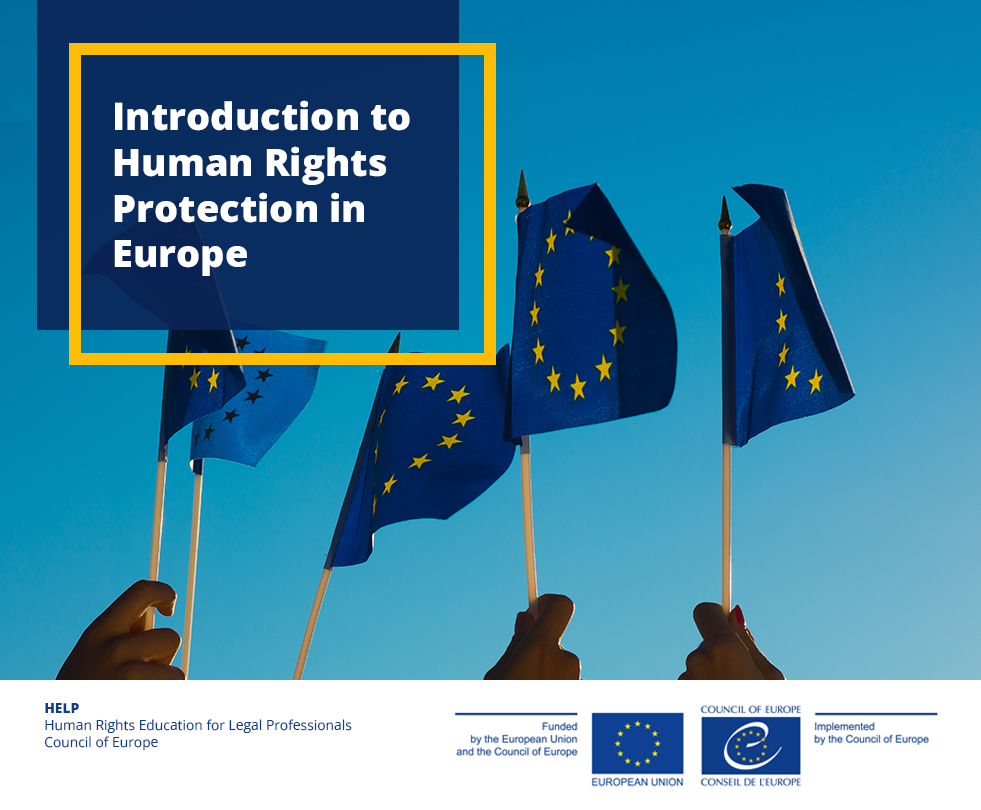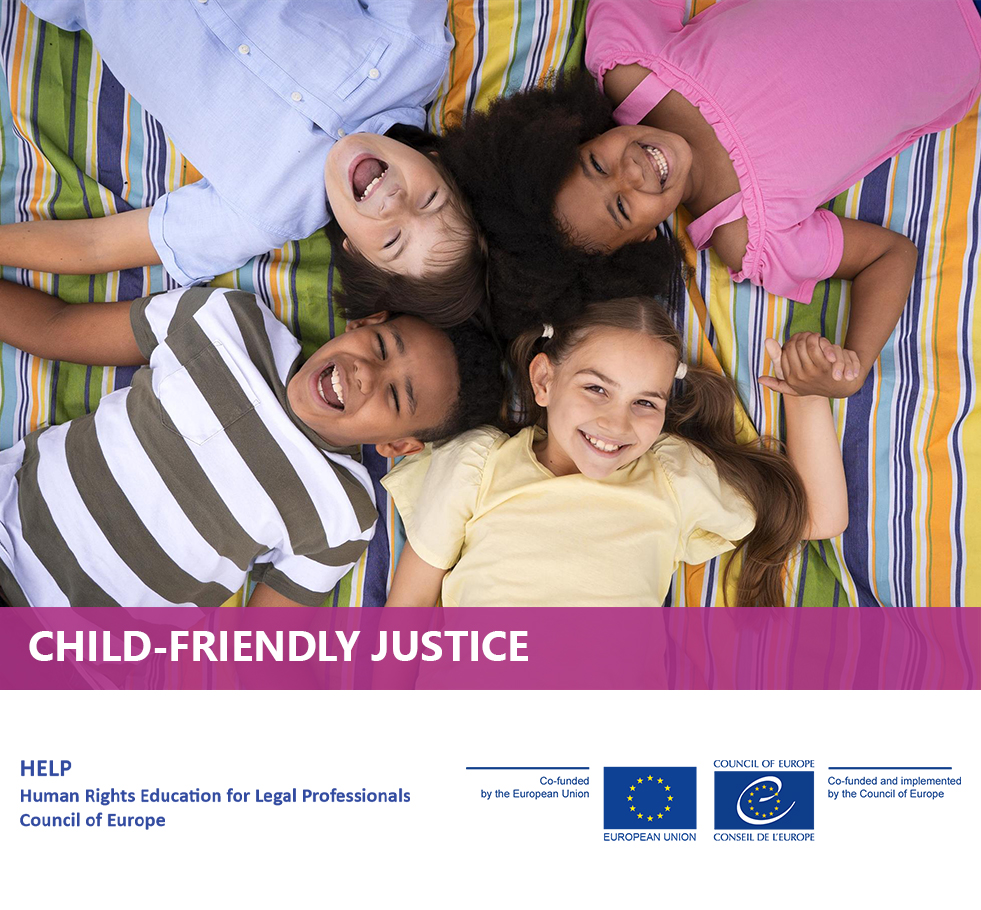39 Spanish judges and lawyers were joined in Spain by 17 international lawyers from 12 EU member states for a seminar on procedural safeguards and the launch of this new HELP course. The event was organised on 27 September 2019 by the Spanish Bar Council (CGAE), as partner of the EU-Council of Europe funded project “HELP in the EU”.
Alongside current challenges in the field of criminal law and procedural safeguards, the programme included sessions on European case law, from the European Court of Human Rights and the Court of Justice of the EU and on relevant legal framework, EU Roadmap Directives, but also soft law at Council of Europe level.
The participants got familiarised with the Human Rights Education for Legal Professionals (HELP) Programme of the Council of Europe and its e-learning platform containing 33 online courses.
The Seminar started with opening speeches by Francisco Javier Lara Pelaez, Dean of the Colegio de Abogados de Malaga and Deputy to the Chair of the CGAE, Mar Cabrejas Guijarro, Member of the Spanish Council of the Judiciary (CGPJ), Jorge Jimenez Martin, Director of the Spanish Judiciary School and James MacGuill, Vice-President of the Council of Bars and Law Societies of Europe (CCBE).
Ana-Maria Telbis, coordinator of the EU-Council of Europe project "HELP in the EU" presented the HELP Programme and the project and introduced the participants to the HELP online course on Procedural Safeguards in Criminal Proceedings and Victims’ Rights.
The morning session continued with a presentation by Salvador Guerrero Palomares, Criminal Lawyer and Associated Professor of Procedural Law at Malaga University and one of the tutors of this course, on general aspects, challenges and perspectives of the right to a fair trial in criminal proceedings. Salvador Cuenca Curbelo, Lawyer at the European Court of Human Rights, gave a comprehensive overview of the ECtHR case-law procedural safeguards in criminal proceedings and victims’ rights. The EU perspective on procedural safeguards and the impact of the EU Roadmap Directives was presented by Coral Araguena Fanego, Professor of Procedural Law and the University of Valladolid and Ondrej Laciak, Chair of the CCBE Criminal Law Committee.
Participants met the tutors who will accompany them in the implementation of the course for the following 3 months, namely Salvador Guerrero Palomares and Berta Alvarez Ciordia, legal advisor at the CGAE EU Office. They explained to the participants how the course will be implemented and pinpointed some practical challenges in the field of fair trial guarantees, for participants to reflect upon and follow up in their exchanges during the course. The participants also had the possibility to share their expectations from the course and exchange with their colleagues.
Participants were introduced to the Council of Europe HELP e-learning platform and to the catalogue of courses by Eva Massa Arranz, HELP Project Coordinator at the Council of Europe.
Following the launch event, all participants were enrolled on the course pages and will go through the online course in the coming 3 months. The participants who successfully complete the course will receive HELP certificates issued by the Council of Europe.
The HELP online course on Procedural Safeguards in Criminal Proceedings and Victims’ Rights is also available to any legal professional interested in the topic, in the self-learning part of the HELP e-learning platform, in English, and will soon be made available in Spanish.
The HELP course was developed combining both the fundamental procedural rights of accused and suspected persons in criminal proceedings and the rights of victims of crime, encompassing standards from both Council of Europe, European Convention on Human Rights and the European Court of Human Rights case law, and the EU, focusing on the Roadmap Directives and the relevant CJEU case law.
It is primarily aimed at judges, prosecutors and lawyers working in criminal law.
Council of Europe HELP course on Procedural safeguards in Criminal Proceedings







